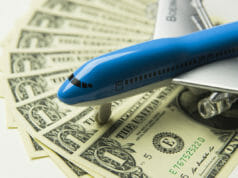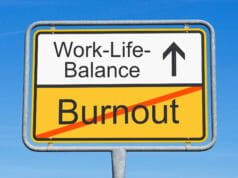 Health insurance isn’t usually the first thing that comes to mind when job seeking, even though it is one of the largest single components of total compensation that an employee can receive. In the era of spiraling healthcare costs, the amount of coverage made available by the company and the amount of cost absorbed by the company can have a tremendous effect on the overall compensation and quality of life of a pilot. It is also one of the things that most people don’t regret going cheap on until they need to use it for an unforeseen or major expense related to healthcare, which can easily soar into the multiple thousands of dollars of out of pocket expenses.
Health insurance isn’t usually the first thing that comes to mind when job seeking, even though it is one of the largest single components of total compensation that an employee can receive. In the era of spiraling healthcare costs, the amount of coverage made available by the company and the amount of cost absorbed by the company can have a tremendous effect on the overall compensation and quality of life of a pilot. It is also one of the things that most people don’t regret going cheap on until they need to use it for an unforeseen or major expense related to healthcare, which can easily soar into the multiple thousands of dollars of out of pocket expenses.
In most modern cases, almost all airlines provide at least some insurance options for pilots that are paid, at least in part, by the company. Coverages and prices may vary depending on the airline or type of coverage selected. Some airlines may have multiple plans a pilot can choose from, and some may not.
Another major factor related to health insurance as it relates to pilot compensation, is the amount of coverage that the airline subsidizes. As an example, assume that Airline A covers all of the insurance cost except 20%, which is passed onto the pilot; while Airline B covers the total cost of the insurance except 40% which is passed onto the pilot. Assuming identical coverage, this difference can cost the pilot an extra several hundred dollars per month, which could add up to thousands of dollars in annual costs. While not something immediately considered by most people, this can have an effect of several thousand dollars or more for each pilot per year, without changing anything else.
The other potential outcome for this might be that a pilot for Company A can get more coverage for the same price as the pilot for Company B.
































































































































